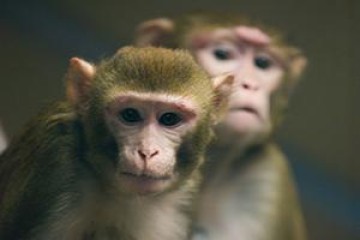PhD Studentship
Refinement of the use of fluid control as a motivational tool for non-human primates in neuroscience research

At a glance
Completed
Award date
September 2012 - September 2016
Grant amount
£120,000
Principal investigator
Professor Alex Thiele
Co-investigator(s)
Institute
Newcastle University
R
- Refinement
Read the abstract
View the grant profile on GtR
